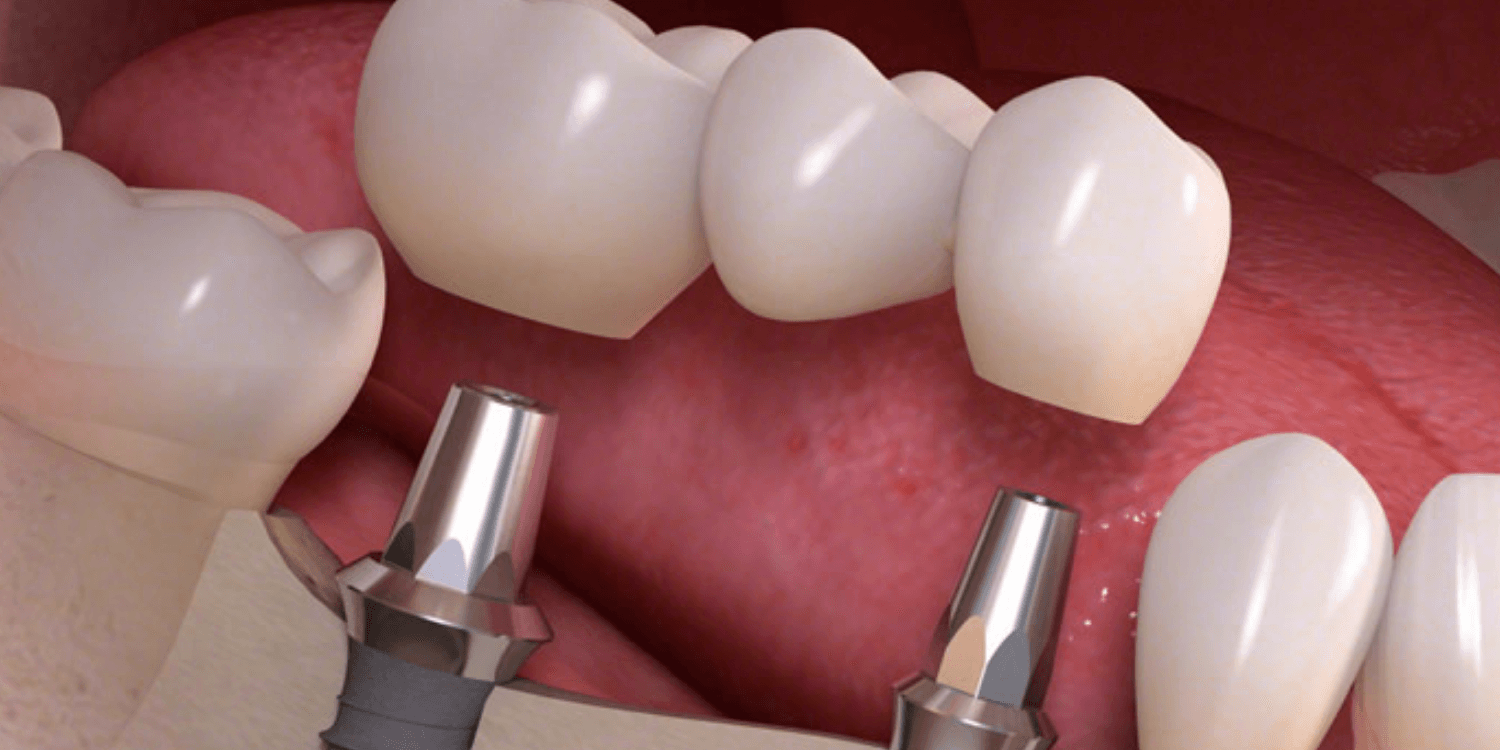Tooth loss can significantly impact one’s quality of life, affecting everything from self-confidence to the ability to chew and speak properly. Dental implants have become the gold standard for tooth replacement, offering a permanent and natural-looking solution. In this article, we’ll explore what makes dental implants stand out compared to other options, their benefits, and the process involved.
What Makes Dental Implants Different?
Unlike traditional tooth replacement options such as dentures or bridges, dental implants replace both the root and the crown of a tooth. This dual replacement offers unique advantages, including superior stability, better oral health outcomes, and a more natural feel. The implant itself is a small titanium post that’s surgically placed into the jawbone, acting as an artificial root for the replacement tooth.
The Benefits of Choosing Dental Implants
- Natural Look and Feel: One of the biggest advantages of dental implants is their ability to closely mimic the look and function of natural teeth. The crown is custom-made to match the shape, size, and color of your existing teeth, making it virtually indistinguishable from your natural smile.
- Stability and Functionality: Implants provide a stable foundation because they fuse with the jawbone through osseointegration. This allows for normal chewing, biting, and speaking functions, unlike dentures, which can sometimes shift or cause discomfort.
- Long-Term Durability: With proper care, dental implants can last a lifetime. Other options like dentures or bridges typically need to be replaced every 5-10 years, making implants a more cost-effective and durable solution in the long run.
- Improved Oral Health: Dental implants do not require the reduction of nearby teeth, unlike bridges, which rely on adjacent teeth for support. This preserves more of your natural teeth and helps maintain overall oral health. Additionally, implants stimulate the jawbone, preventing bone loss, which can occur when teeth are missing.
- Enhanced Confidence: Missing teeth can negatively impact your self-esteem, especially when it comes to smiling or interacting with others. Dental implants restore your smile, giving you the confidence to live without feeling self-conscious about your appearance.
The Dental Implant Process
Getting dental implants typically involves several stages, but the results are well worth the time and effort. Here’s a breakdown of the process:
- Consultation and Assessment: The first step is an in-depth consultation with your dentist. During this stage, X-rays or CT scans are taken to evaluate your jawbone’s density and determine if you’re a good candidate for implants. If your bone mass is insufficient, a bone graft may be required to provide a stable base for the implant.
- Implant Placement Surgery: In a minor surgical procedure, the titanium implant is placed into the jawbone. Over the course of several months, the implant will fuse with the bone, creating a secure foundation. During this healing period, a temporary tooth can be placed for aesthetic purposes.
- Abutment and Crown: After the implant has fully integrated with the jawbone, an abutment is attached to the implant post. This serves as a connector between the implant and the custom-made crown. Once the crown is secured, the dental implant will look and function just like a natural tooth.



